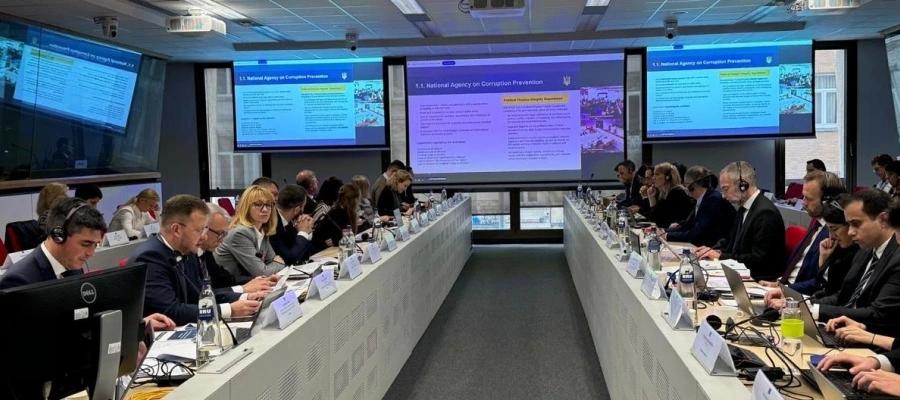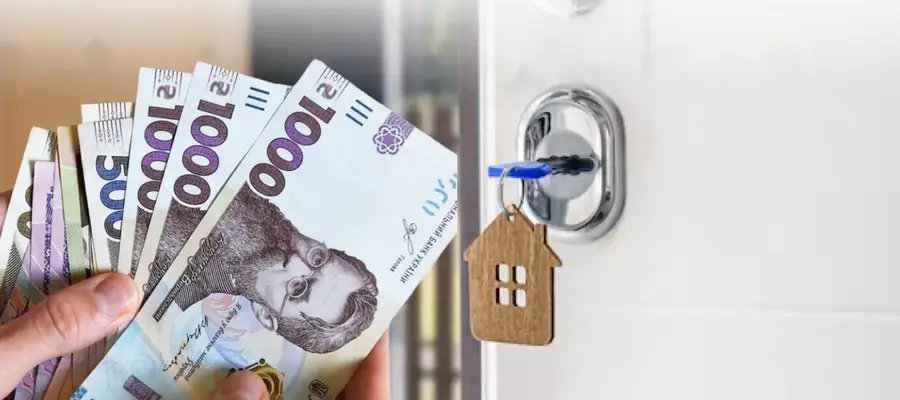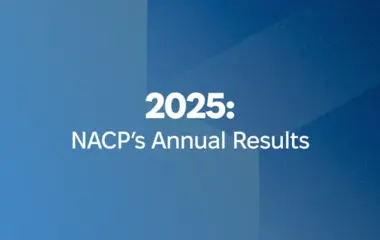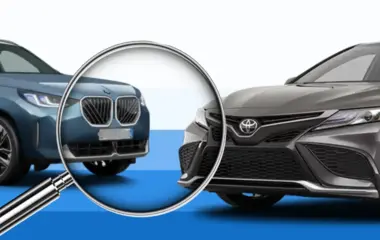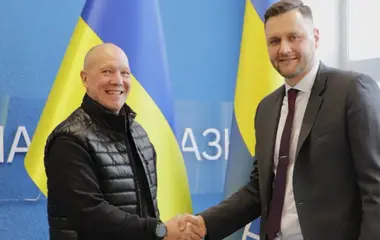On October 8-10, the third round of EU-Ukraine bilateral sessions took place in Brussels as part of the screening of Ukrainian legislation against EU law, which is part of the EU accession negotiations. In particular, bilateral meetings were held in the area of Economic Criteria, under the negotiated Title 32 “Financial Control”, as well as in the area of Functioning of Democratic Institutions. Representatives of Ukraine and the European Commission discussed the compliance of national legislation with EU legislation and identified the next steps for Ukraine's European integration.
Ihor Khokhych, Chief of Staff of the National Agency on Corruption Prevention (NACP), and Oleksandr Bala, Deputy Head of the Department for Building Integrity of Political Finance - Head of NACP Department, presented the results of Ukraine's work on financing and controlling the activities of political parties and election campaigns (including anti-corruption measures) during the session on the “Functioning of Democratic Institutions” on October 10. It is important that Ukraine has implemented the necessary international standards in the field of political finance and is currently working to improve the field, taking into account new challenges.
During the presentation, Ihor Khokhych spoke about the main institutions that oversee political finance and election funds in Ukraine ( NACP, Central Election Commission, Accounting Chamber), the main challenges in this area, the measures taken to prevent political corruption in Ukraine and further necessary steps to facilitate Ukraine's integration into the EU, etc.
“Ukraine has made significant progress in political finance reform. The development of a sustainable infrastructure for oversight of political finance, the introduction of state funding of parties, the transition from paper to electronic party reporting through the implementation of POLITDATA are the most significant achievements of Ukraine on the way to reforming political finance of political parties,” said Ihor Khokhych.
He recalled that in 2021, the Unified State Register of Political Parties' Reports on Property, Income, Expenses and Financial Liabilities ( POLITDATA Register) was put into permanent operation. This has brought Ukraine closer to international standards in the field of political corruption prevention and transparency of political financing.
According to Oleksandr Balskyi, NACP continues to work on modernizing and automating the POLITDATA Register, which will allow unifying reporting for all types of elections, automating the filling of election fund reports for all types of elections with banking information, automating the process of conducting inspections and providing the public with expanded access to the public part of the POLITDATA Register.
In addition, work continues on legislative improvement of the financial control mechanism, application of sanctions for violation of rules in the field of political finance, introduction of directions for the use of public funding, and improvement of requirements for making contributions. These key measures are provided for in the State Anti-Corruption Program for 2023-2025.
NACP Head of the Secretariat Ihor Khokhych also took part in a session on Public Administration Reform on October 9. During the meeting, the participants discussed the Strategy for Public Administration Reform of Ukraine and the action plan for its implementation, human resource management in the public service, legal framework for the organization of public authorities and accountability, etc.
The Ukrainian delegation, headed by the main negotiator, Vice Prime Minister for European and Euro-Atlantic Integration and Minister of Justice of Ukraine Olha Stefanishyna, consists of more than 100 people participating offline and online.
For reference. During the official screening, the European Commission, together with the EU candidate country, analyzes the compliance of the candidate country's national legislation with the relevant EU acquis (EU law).
The screening takes place under 33 negotiating chapters, which are grouped into six clusters (thematic blocks). Based on the results of the screening, the European Commission will prepare a report on the compliance of Ukrainian legislation with EU law in each negotiating cluster. This document will finally clarify the level of compliance and the further scope of work.
The key news on the third round of bilateral sessions between Ukraine and the EU is published on the European Integration Portal.



